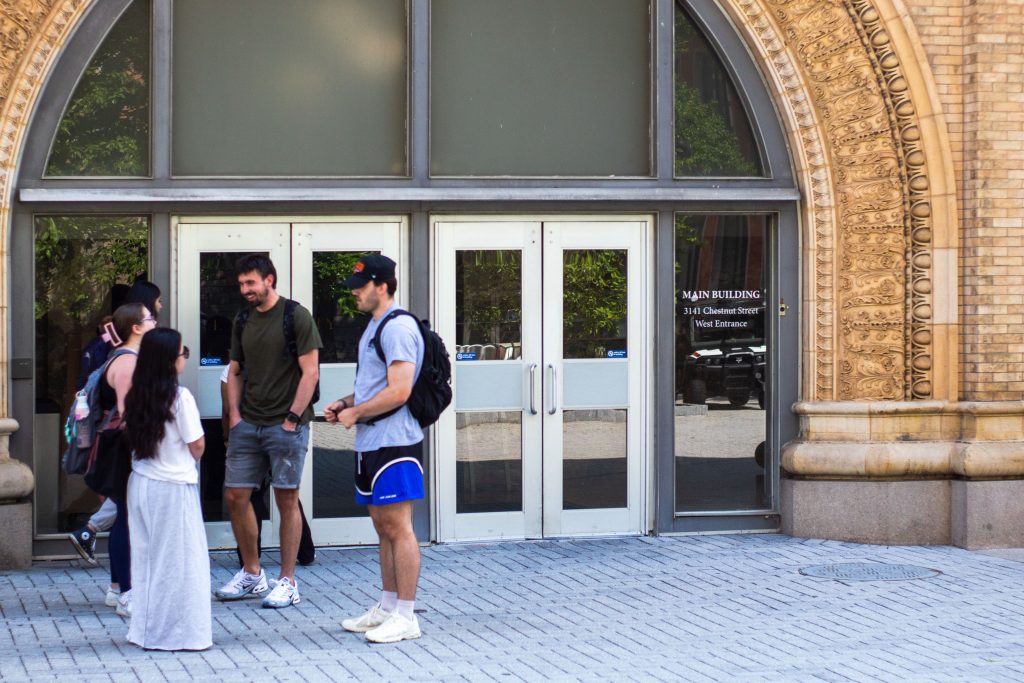
“Did you like being on co-op more or being in classes?”
“So, you don’t take any college classes during half of the year?”
“Are you going to continue working at your co-op company and drop out of college now?”
We Drexel students are faced with a myriad of questions from people who do not understand the co-op system or are sparsely aware of how co-op and class transitions happen. I was curious too when I started Drexel – I remember bombarding an upperclassman friend of mine with a ton of questions until I had clarity. Allow me to draw examples from my experiences to clearly describe how it feels to jump back and forth between classes and co-op.
It is almost noon and I finally get a chance to catch a breath, solely because one of my morning classes ended early today. One month ago, I would have had daily standup meetings with my team at exactly this time. It is strange how my life a month ago has been completely replaced by a new one. This is not just me; this story is universal to every Drexel student who studies within a curriculum including co-ops.
For someone with a plan of study like mine, the first co-op begins right after freshman year ends. I am an international student, who came to the United States all the way from India and as soon as I started to get the hang of college – boom! It is not the same anymore; I went through a transition from classes to co-op shortly after the gigantic transition from high school to college. I personally did not hate it, but overall, this can get quite challenging for some people.
At first, students go from turning in assignments every week, to discussing weekly progress with a manager on a weekly basis. It is very different. The noteworthy point here is that starting a co-op is still a smooth process, especially if students find a good place to work at, like I did. But, the difficulty arises when you have to go back to classes. Becoming accustomed to a corporate environment can be challenging, because there are many rules and regulations, and most importantly, you welcome some true elements of adulting in your life. You are not expected to act like a kid, which you could possibly do in college with convenience. This is not how it is at the workplace. You are always expected to be responsible and accountable for your actions and what you do affects other people on a larger scale. This is something you generally never experience during your college education. After going through this metamorphosis, it feels strange to go back to classes. Some people have more time for themselves as they come back to classes, while others also complain about not having time for leisure even on weekends. Most importantly, there is no break between the end of the co-op and beginning of the classes – which is bizarre. I did not have a spring break; my last working day was a Friday and I resumed classes the following Monday. Due to this, I began the quarter exhausted, and as I approach midterms, I feel how much I needed a spring break back then.
However, I believe that being prepared for the unexpected is quite a life skill, and I certainly picked it up recently. Things would never be predictable, whether in your career or life in general. So, I see this as something that is instilling endurance in me. Each time I meet Drexel alumni, most of them thank the co-op process for giving them a professional edge over people who graduated without undergoing cooperative education. The co-op system is pretty much Drexel’s biggest selling point, and although it compels you to push your limits, I believe it largely enriches the college experience.


